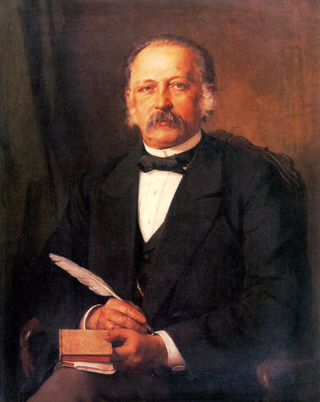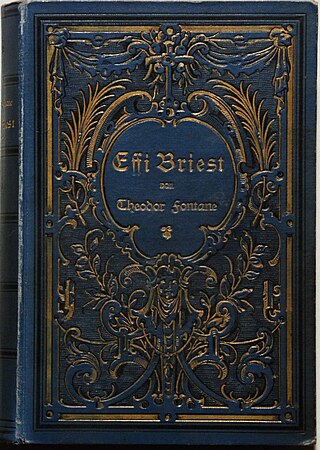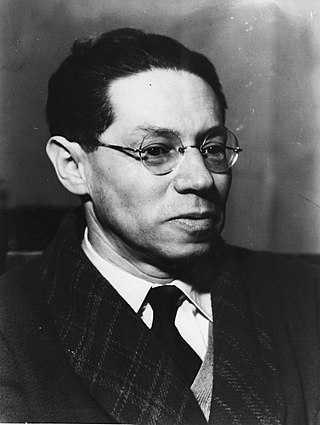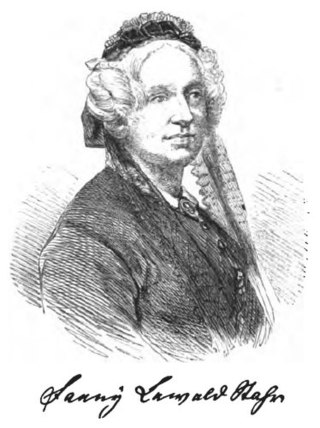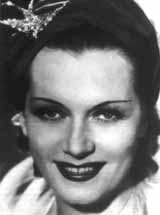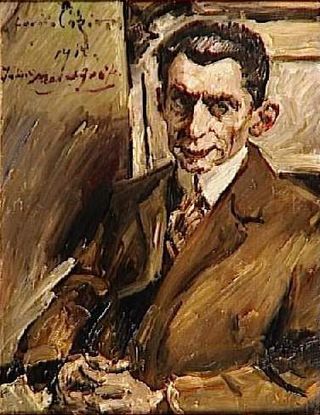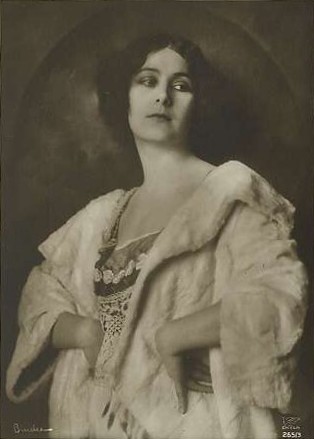Plot summary
The novel opens with the beginning of the trial, which takes place in pre-1914 Munich. Right from the start Deruga, who has not been taken into custody so far, attracts the attention of everyone present through his conspicuous behaviour, which ranges from seemingly unmotivated emotional outbursts to complete indifference as to what is going on in the courtroom—at one point he even seems to have fallen asleep. Part of his idiosyncratic demeanour is attributed to his Italian ancestry—Deruga was born and raised in poor circumstances in an Italian mountain village and only came to Germany and Austria to read medicine— but the rest is ascribed to his choleric temperament. As the trial proceeds, Deruga turns out to have been living a life somewhat outside the bourgeois society which would normally harbour people of his professional standing: he neglects his run-down practice, has debts not only with one of his colleagues but also with his restaurateur, tailor, and hairdresser, shuns the local medical society, and has frequent and irregular love affairs.
While Deruga himself does not seem to care one way or another, there are clearly two opposing parties: one group, headed by the Baronin Truschkowitz, who feel strongly that a murderer must be brought to justice; and another, motley group of people who have crossed the defendant's path at some point in their lives and who, summoned to testify as character witnesses, insist that, despite his occasional rudeness, he has always been a witty, kind, sympathetic, helpful, even philanthropic, man whose lack of interest to accumulate money would never have induced him to kill his ex-wife on the sheer hope that he might be included in her will. They also point out his unblemished professional record, and therefore say that he must be acquitted.
The discovery of a handwritten letter from Mingo Swieter to Deruga finally triggers a turn of events in Deruga's favour. It is found in the inside pocket of a man's suit which was carelessly thrown into a canal in Munich and retrieved by a poor woman who was going to sell it to a clothes peddler. In the letter, which is the first communication between the ex-spouses since their divorce, the dying woman appeals to Deruga to shorten her suffering by performing euthanasia on her. On the last day of the trial, Deruga at last explains how he received the letter, immediately took the train to Munich, disguised himself as a peddler, stole into Mingo Swieter's flat while her daily help was away on errands, talked to the dying woman, administered the poison, waited until she was dead, and travelled back to Prague, happy to have been able to assist his ex-wife in her hour of need. In the end Deruga is acquitted.
The final chapters of the novel also throw some light on the individual characters' motives to act the way they do. Deruga's arch enemy, the Baronin Truschkowitz, who appears throughout the trial as an embittered and vengeful woman only out to get her cousin's inheritance, turns out to be trapped in a boring marriage; intended to use the money to buy her freedom from her dull husband now that their daughter Mingo has come of age. Neither her unfading beauty, which has not gone unnoticed by Deruga, nor her joie de vivre have ever tempted her to be unfaithful to her husband, but after her cousin's death she thought the time had come to divorce him. When she meets Deruga after the end of the trial, he confesses that their attraction is mutual and that he had been tempted to pursue her, but the discovery of his ex-wife's letter had reminded him of the sublime feelings he had in helping his dying wife made living on seem pointless; he has resolved to commit suicide. Further complications arise when Mingo von Truschkowitz declares her love for Deruga, although he is 25 years her senior. The Baroness actually offers him her daughter's hand, but Deruga is too sensible to accept and sticks with his decision to commit suicide.


